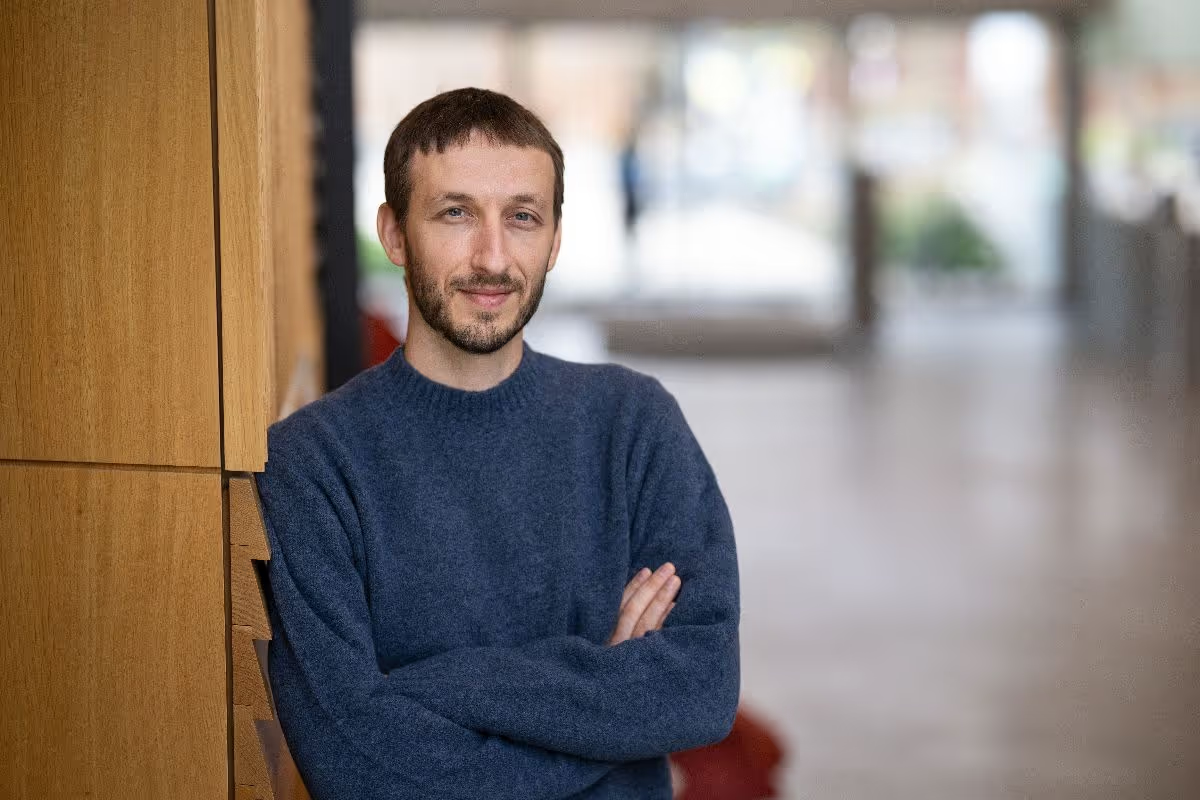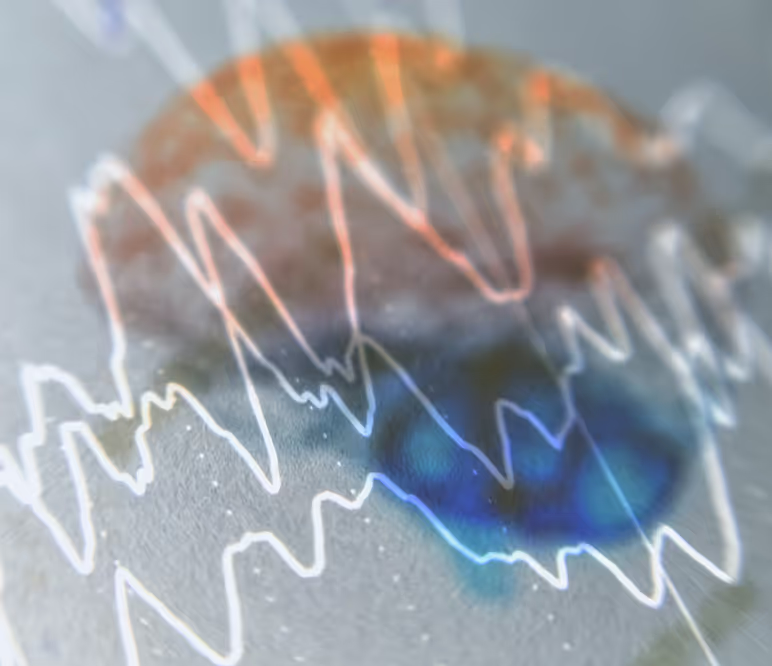Exploring the Mind and Brain
We are broadly interested in human cognition — how we experience the world (perception), how we control this experience (attention), and how experience changes us (learning and memory) — and especially in how these parts of the mind interact and develop. We study cognition through human behavior, brain activity, and computational models.


















Who We Are
We are a cognitive neuroscience laboratory in the Department of Psychology and Wu Tsai Institute at Yale University. The lab is directed by Professor Nick Turk-Browne and consists of a vibrant team of postdoctoral researchers, graduate students, undergraduates, and staff. We are united by a deep curiosity about the human mind and brain, and we share a commitment to rigorous and innovative science.
What We're Up To

Brynn accepts a faculty position!

Nitzan welcomes a baby girl!

Irene wins an award!

Nick receives an award!
How You Can Help
There’s no better way to learn about our research than to participate in it! Our studies typically involve playing fun, simple games on a computer while we measure your behavior or scan your brain. In addition to learning something about yourself, you will be compensated for your time and given pictures of your brain.








